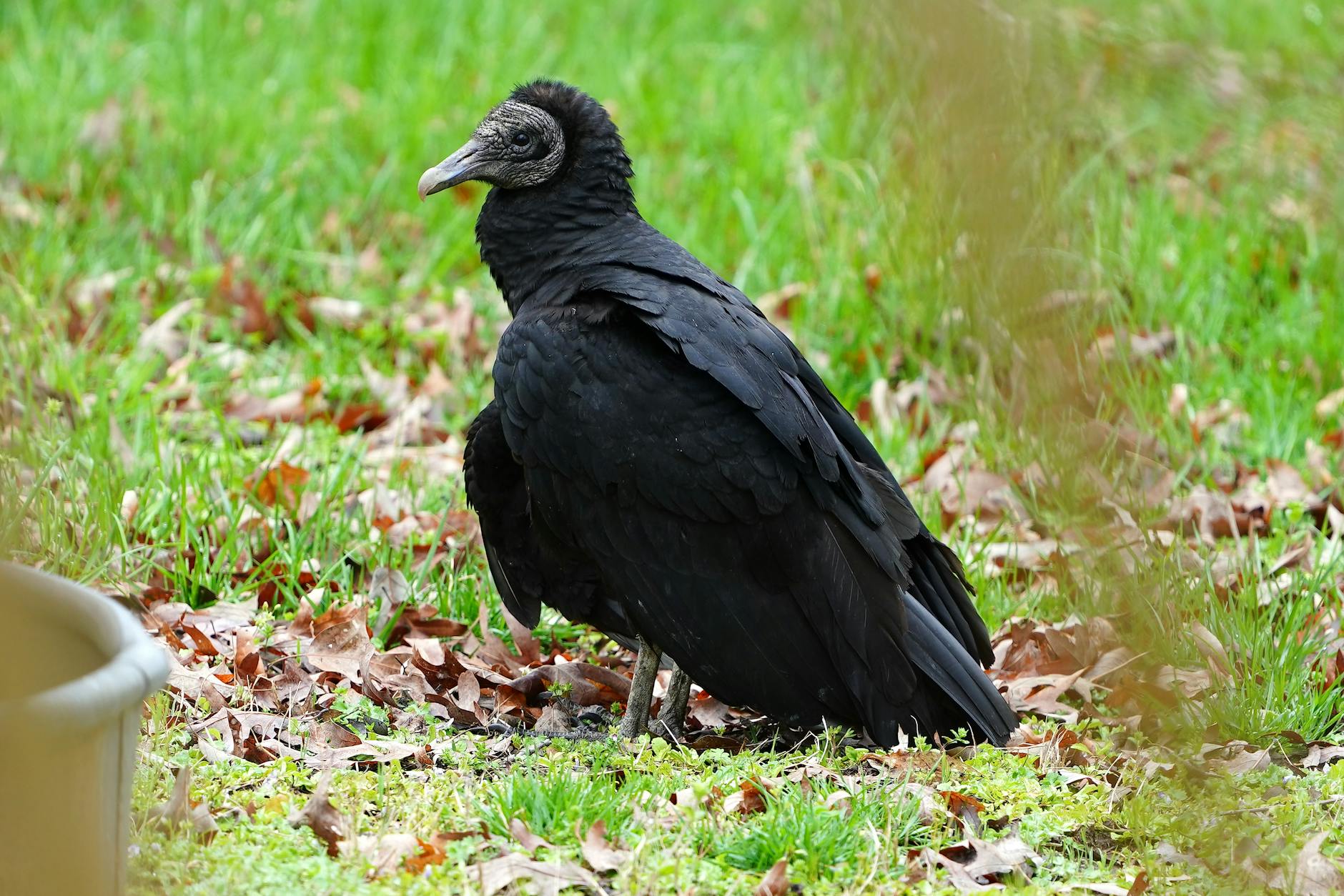Turkey Vulture Symbolism
Overview of the Turkey Vulture
The turkey vulture is a fascinating bird known for its unique appearance and important ecological role. It is characterized by its dark plumage, long wings, and distinctive red head. These birds are commonly found in North America, and they play a crucial role as scavengers, helping to clean up the environment by consuming dead animals.
| Feature | Description |
|---|---|
| Wingspan | 5.5 to 6 feet |
| Weight | 2 to 4.5 pounds |
| Lifespan | 10 to 30 years |
| Habitat | Open areas, forests, and fields |
The turkey vulture’s ability to soar effortlessly on thermal currents showcases its adaptability and efficiency in locating food. This bird’s keen sense of smell allows it to detect carrion from great distances, making it an essential part of its ecosystem.
Cultural and Symbolic Significance
Throughout history, the turkey vulture has held various meanings in different cultures. Many people view it as a symbol of renewal and regeneration due to its scavenging habits. The act of consuming decaying matter represents the cycle of life and death, reminding individuals of the importance of transformation.
| Culture | Symbolic Meaning |
|---|---|
| Native American | Messenger of change and renewal |
| Ancient Egyptians | Symbol of protection |
| African Cultures | Representation of wisdom |
In many Native American traditions, the turkey vulture is seen as a messenger that carries important messages from the spirit world. This bird is often associated with wisdom and the ability to adapt to changing circumstances. In contrast, some African cultures view the turkey vulture as a symbol of protection, as its presence can indicate the health of the ecosystem.
The turkey vulture’s role in nature and its varied cultural meanings contribute to the rich symbolism surrounding this remarkable bird.
Interpreting the Turkey Vulture
The turkey vulture holds deep meanings that resonate with many. Understanding these interpretations can provide insights into the symbolism associated with this remarkable bird.
Wisdom and Adaptability
The turkey vulture is often seen as a symbol of wisdom and adaptability. It thrives in various environments, demonstrating resilience and the ability to adjust to changing circumstances. This adaptability is reflected in its scavenging behavior, as it finds sustenance in places where others may not.
The wisdom of the turkey vulture is also evident in its keen sense of smell, which allows it to locate food from great distances. This ability represents the importance of perception and awareness in navigating life’s challenges.
| Attribute | Meaning |
|---|---|
| Adaptability | Ability to thrive in different environments |
| Resilience | Strength in overcoming obstacles |
| Perception | Awareness and insight in decision-making |
Cleansing and Transformation
In many cultures, the turkey vulture is associated with cleansing and transformation. As a scavenger, it plays a crucial role in the ecosystem by helping to decompose and recycle organic matter. This process of renewal symbolizes the cycle of life and death, highlighting the importance of transformation in nature.
The turkey vulture’s role in cleansing also extends to its ability to rid the environment of decay and disease. This aspect of its nature represents the idea of letting go of negativity and embracing renewal.
| Attribute | Meaning |
|---|---|
| Cleansing | Removal of decay and negativity |
| Transformation | Change and renewal in life cycles |
| Life Cycle | Symbol of rebirth and regeneration |
Through these interpretations, the turkey vulture serves as a powerful symbol of wisdom, adaptability, cleansing, and transformation. Its presence invites individuals to reflect on their own journeys and the changes they may encounter along the way.

